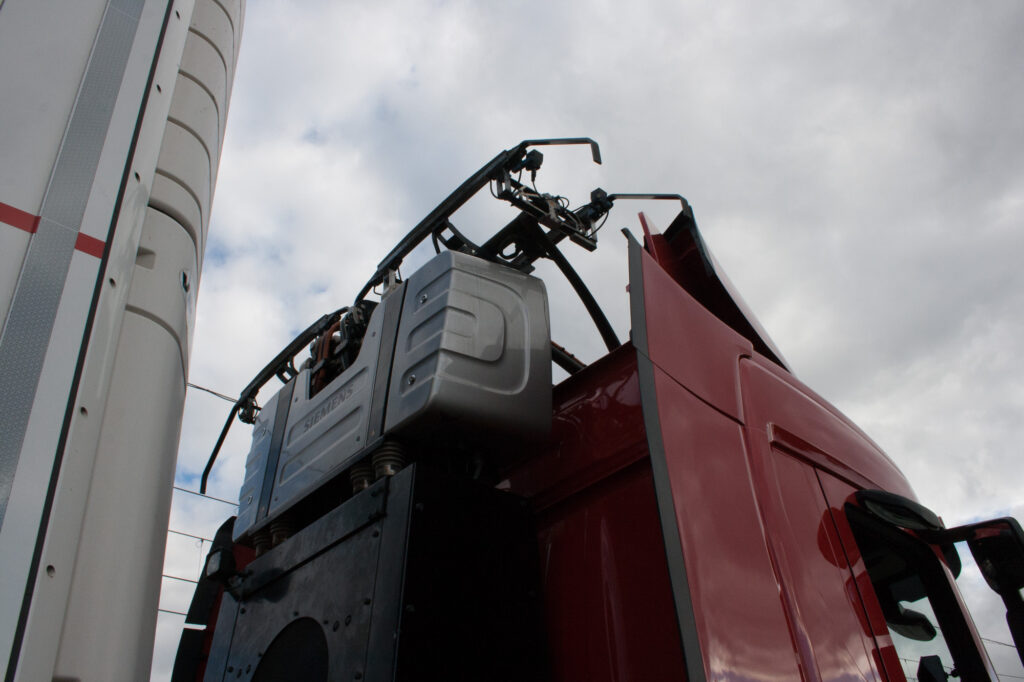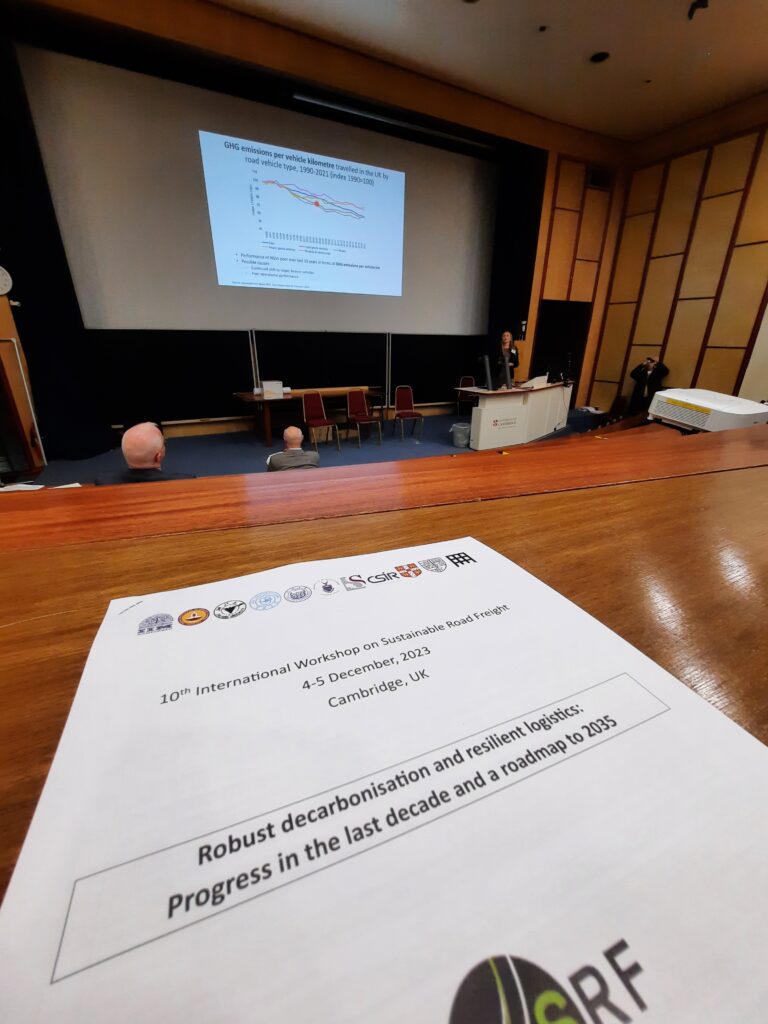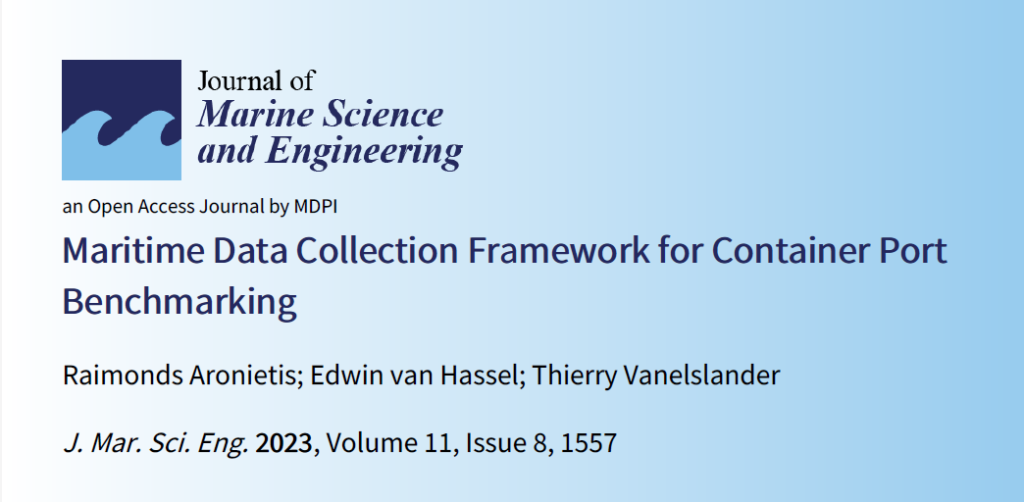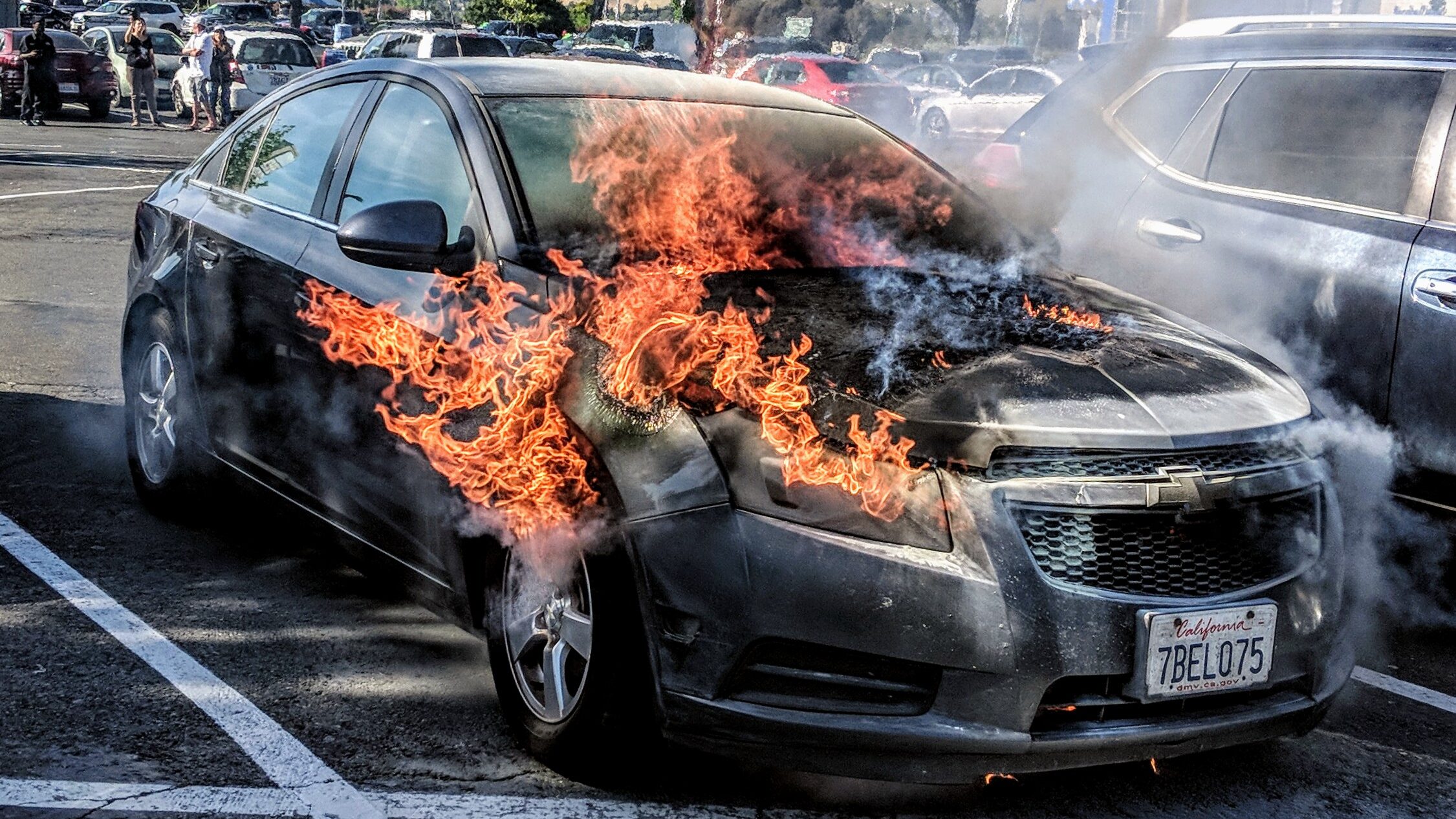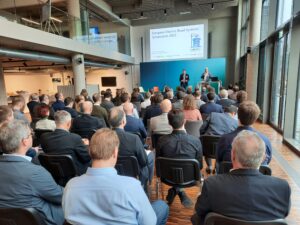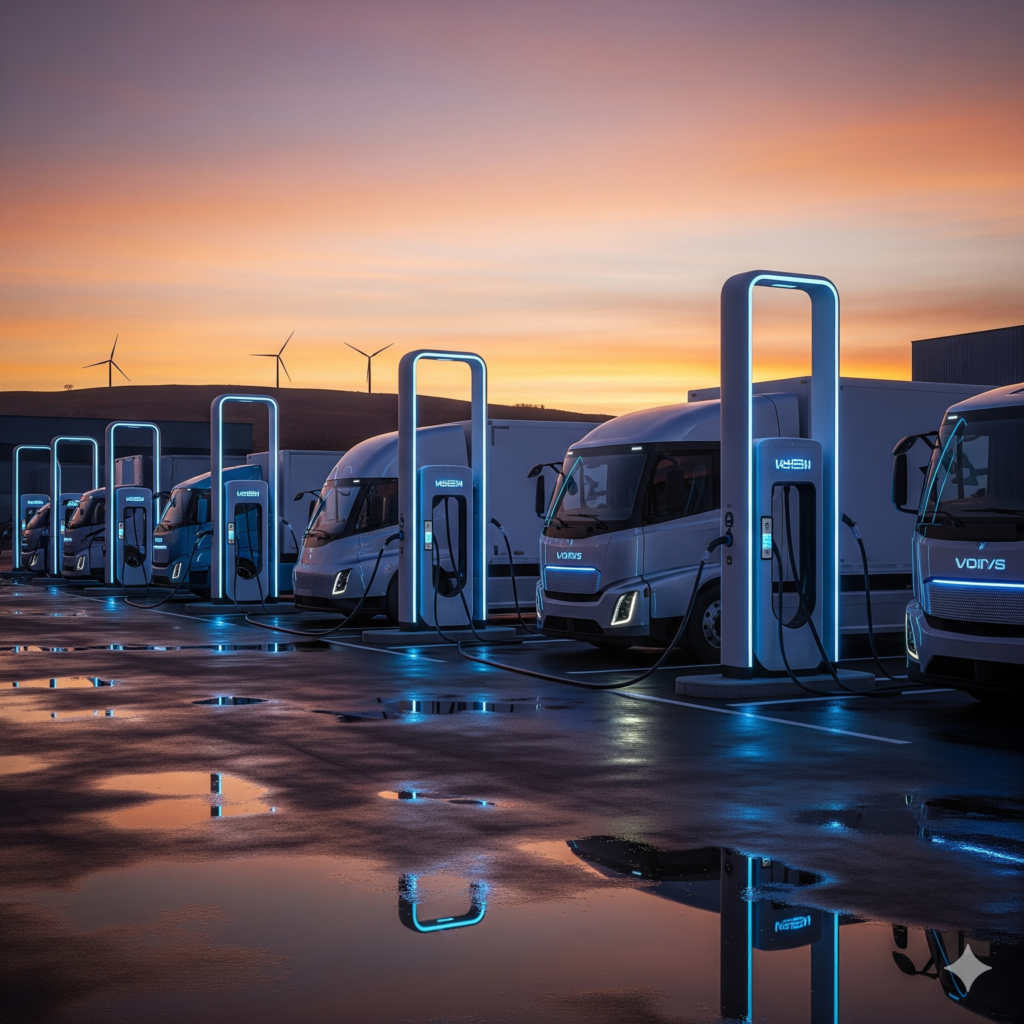
A report I had the privilege of contributing to has now been published! It’s titled “Market readiness analysis – Expected uptake of alternative fuel heavy-duty vehicles until 2030 and their corresponding infrastructure needs”.
The report investigates the future of heavy-duty vehicles, looking at how we can shift to alternative fuels to meet our 2030 emission reduction targets. We explored everything from the market readiness of vehicles and infrastructure needs to support them to the existing barriers. It’s a topic I’m passionate about, and I’m proud of the work we’ve done.
Working on this project together with Ramboll and TMLeuven has been a fantastic experience.
You can find the full report here: Market readiness analysis – Expected uptake of alternative fuel heavy-duty vehicles until 2030 and their corresponding infrastructure needs

